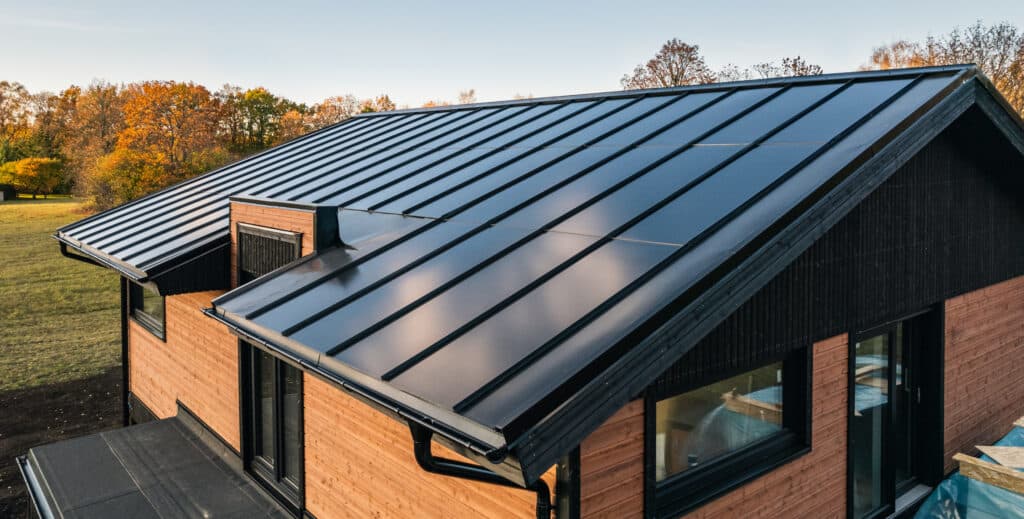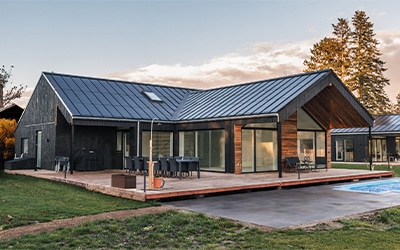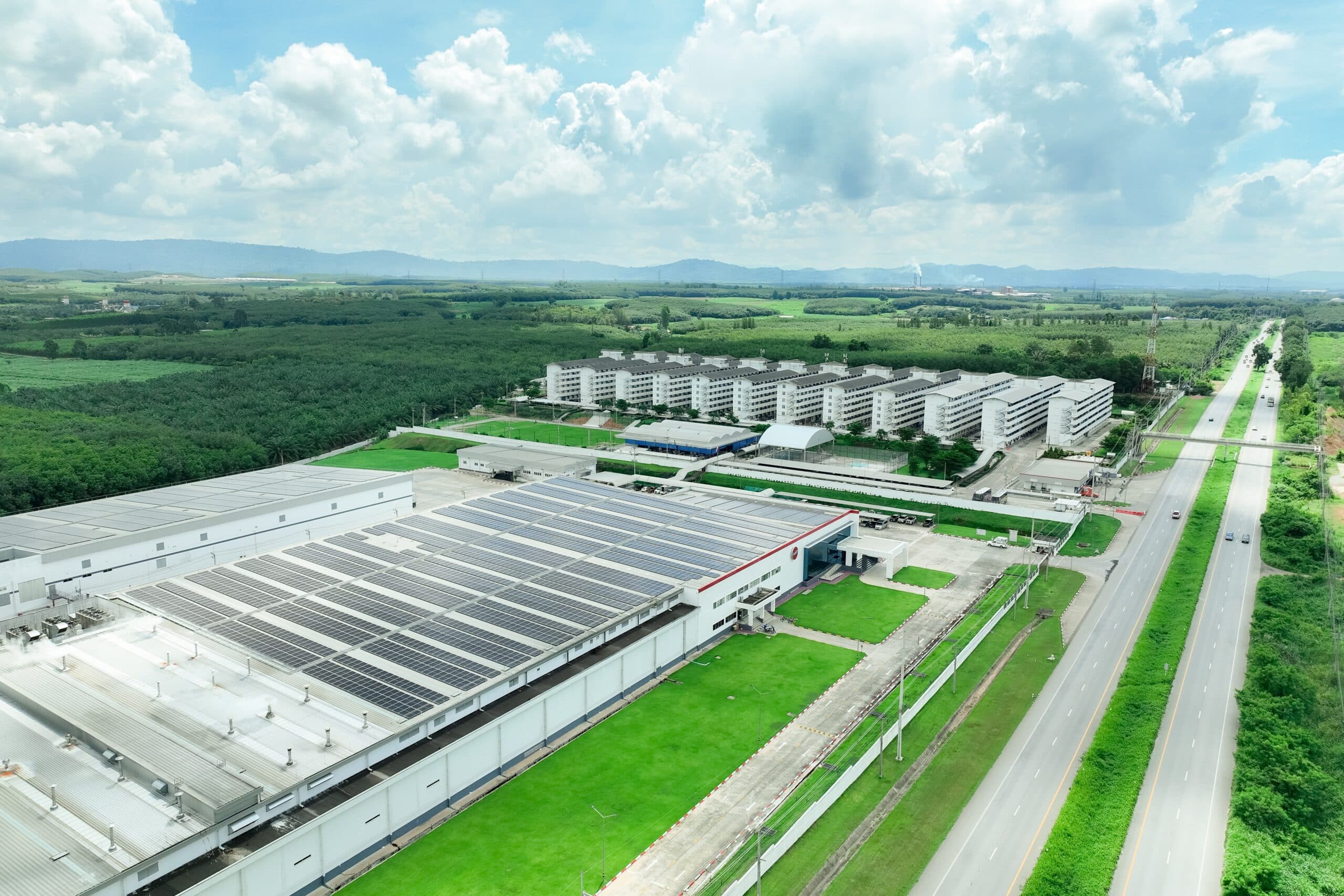Are you tired of birds causing damage to your solar panels? If so, you’re not alone. Many solar panel owners face the challenge of protecting their investment from bird-related issues, such as droppings, nests, and physical damage.
Fortunately, there are effective solutions available to keep these feathered creatures at bay and ensure the optimal performance of your solar panels.
This article will explore various methods for solar panel protection from birds. You’ll discover how understanding the impact of bird damage on solar panels is crucial in implementing preventative measures.
We’ll discuss physical deterrents that can be used to keep birds away, as well as chemical repellents that effectively deter them from perching or nesting near your panels. Additionally, we will delve into the installation of bird netting for robust protection and highlight the importance of regular maintenance and cleaning to prevent bird-related issues.
With these strategies in mind, you’ll be equipped with the knowledge to safeguard your solar panel system from avian interference and maximise its efficiency for years to come.
Understanding the Importance of Solar Panel Protection From Birds

You might be wondering, ‘How do birds actually damage solar panels?’ Well, the truth is that birds can cause quite a bit of damage to these energy-generating devices.
One of the most common ways they do this is by leaving their droppings on the surface of the panels. This may not seem like a big deal at first, but over time, bird droppings can accumulate and create a layer that blocks sunlight from reaching the solar cells. As a result, the efficiency of the panels decreases significantly.
In addition to their droppings, birds can also cause damage by building nests underneath or on top of solar panels. While it may seem harmless for birds to make their homes near these devices, it can actually lead to some serious issues. Nests can block ventilation and airflow around the panels, causing them to overheat and potentially malfunction. Moreover, nesting materials such as twigs and leaves can get stuck in between the panel’s components and affect its performance.
So, while birds may seem innocent enough, their presence around solar panels can have detrimental effects if left unaddressed.
Physical Deterrents to Keep Birds Away
Physical methods are not only effective but also provide a unique and creative solution to bird damage. Some things you can consider include:
1. Reflective tape: Hang strips of reflective tape near your solar panels. The shiny surface will create flashes of light that birds find disorienting and frightening, deterring them from approaching your panels.
2. Bird spikes: Install bird spikes around the perimeter of your solar panels. These sharp, pointed spikes make it impossible for birds to land or roost on the panels, preventing any potential damage.
3. Wire mesh barriers: Create wire mesh barriers around your solar panels to keep birds at bay. This method acts as a physical barrier, preventing birds from accessing the area near your panels and causing any harm.
By utilising these physical deterrents, you can effectively keep birds away from your solar panels while adding an element of creativity and innovation to your pest control strategy.
However, it is worth noting that these methods are not always the most attractive if you’re trying to keep a streamlined appearance for your solar panels. A chemical solution or a different type of panel may be better suited for your aesthetic needs.
Chemical Repellents for Bird Control
Chemical repellents are an effective way to keep birds away from your solar panels & solar tiles without causing them harm. These repellents work by emitting odours or tastes that birds find unpleasant, deterring them from landing or perching on the panels.
Some common chemical repellents include methyl anthranilate, which is a non-toxic grape extract that emits a smell that birds dislike, and polybutenes, which create a sticky surface that makes it difficult for birds to land.
Before applying any chemical repellent, it’s important to carefully read and follow the instructions provided by the manufacturer. It’s also recommended to test the repellent on a small area of your solar panel first to ensure compatibility with the material. Additionally, consider using multiple types of chemical repellents, as birds can become accustomed to one type over time.
If in doubt, contact your manufacturer or solar panel supplier to ask for advice. Remember that chemicals can be damaging if used incorrectly – so it’s very important to make sure you’re using the correct mixes and correct tools.
By incorporating chemical repellents into your bird control strategy, you can protect your solar panels from damage caused by bird droppings and nesting activities while ensuring the safety of these feathered creatures.
Installing Bird Netting for Effective Protection
To effectively safeguard your solar panel installation from unwanted avian visitors, why not try installing bird netting? Bird netting is a highly effective and humane method of keeping birds away from your solar panels.
It is also one of the simplest and most cost-effective methods you can employ to protect your solar system. Here are five reasons why bird netting can be the perfect solution for protecting your solar panels:
- It provides comprehensive coverage: Bird netting creates a physical barrier that covers the entire surface area of your solar panels, preventing birds from perching or nesting on them.
- It is durable and long-lasting: Made from high-quality materials, bird netting is designed to withstand harsh weather conditions and resist damage from birds’ claws or beaks.
- It does not harm the birds: Unlike chemical repellents or other deterrent methods, bird netting doesn’t cause any possible harm to the birds. It simply prevents them from accessing your solar panels.
- It is easy to install: Installing bird netting requires basic tools and can be done by following simple instructions.
By opting for bird netting as a protective measure for your solar panels, you can enjoy peace of mind, knowing that both your energy production and the well-being of birds are being taken care of.
The Disadvantages of Bird Netting for Solar Panels
Bird netting can potentially affect solar panels if it is not installed properly or if it comes into contact with the panels. Here are a few considerations:
- Solar Shading: If bird netting is installed too close to the surface of the solar panels, it can create shade and reduce the amount of sunlight reaching the panels. This can result in decreased energy production.
- Damage: Improper installation or maintenance of bird netting can lead to physical damage to the solar panels, especially if it rubs against them or traps debris that could scratch the surface.
- Cleaning: Bird netting may require periodic cleaning to prevent the buildup of dirt and debris, which can further reduce the efficiency of the solar panels if not properly maintained.
To avoid these issues, it’s essential to install bird netting at a safe distance from the solar panels, ensuring it doesn’t obstruct sunlight and doesn’t come into contact with the panels themselves. Regular inspection and maintenance of both the netting and the solar panels can help mitigate any potential problems.
Maintaining and Cleaning Solar Panels to Prevent Bird Damage
Make sure you regularly clean and maintain your panels to keep them in top shape and prevent any unwanted bird damage. Birds can leave droppings on your solar panels, which not only look unsightly but can also block sunlight from reaching the cells, reducing their efficiency.
To clean your solar panels, start by turning off the system to avoid any electrical hazards. Then, use a soft brush or sponge with mild, soapy water to gently scrub away any dirt or bird droppings. Rinse thoroughly with clean water and allow the panels to dry before turning the system back on.
In addition to cleaning, regular maintenance is also essential for preventing bird damage. Inspect your solar panels periodically for signs of nesting birds or debris buildup that may attract them. If you notice any nests or potential nesting materials, remove them carefully using gloves to avoid contact with bird droppings or other contaminants.
It’s important not to disturb any active nests, though, as many birds are protected by law during their breeding season.
By keeping your solar panels clean and well-maintained, you can ensure they continue generating maximum power while deterring birds from causing any harm.
Investing in Alternative Solar Systems
One of the best ways to avoid birds nesting under your solar panels is to explore alternative, integrated solar systems such as Roofit Solar. Integrated systems will still need maintenance to ensure they remain clean, but their built-in design means there is no panelling for animals to nest under.
Investing in Solar Tiles
Investing in solar tiles provides a stylish and efficient way to harness renewable energy for your home. Not only are solar tiles an eco-friendly choice, but they also offer a sleek and modern aesthetic that can enhance the overall appearance of your roof.
Here are three reasons why you should consider investing in solar tiles:
1. Energy efficiency: Solar tiles are designed to efficiently convert sunlight into electricity, allowing you to reduce your reliance on traditional power sources. By generating clean energy from the sun, you can lower your electricity bills and decrease your carbon footprint.
2. Durability: Solar tiles are built to withstand harsh weather conditions, ensuring long-lasting performance and protection for your roof. Made from durable materials like tempered glass or high-quality polymers, these tiles can withstand hailstorms, heavy rain, and even strong winds without compromising their functionality.
3. Seamless integration: Unlike traditional solar panels that sit on top of the roof, solar tiles seamlessly blend with the rest of your roofing material. This integration not only enhances the visual appeal of your home but also eliminates any concerns about the panels standing out or detracting from the overall design.
Investing in solar tiles is a smart choice that not only benefits the environment but also adds value to your home. With their energy efficiency, durability, and seamless integration capabilities, solar tiles provide an attractive option for homeowners looking to embrace renewable energy while maintaining a stylish roof aesthetic.
Exploring Integrated Solar Panel Systems
If you’re considering investing in solar tiles for your home, another option worth exploring is integrated solar panels.
Integrated solar panels are a sleek and modern alternative to traditional rooftop solar panels or solar tiles. These panels are seamlessly integrated into the structure of your building, whether it’s a roof, wall, or even windows.
One of the main advantages of integrated solar panels is their aesthetic appeal. Unlike bulky rooftop panels that can be an eyesore, integrated panels blend seamlessly with the architecture of your home. They offer a streamlined and clean look that enhances the overall appearance rather than detracting from it.
Additionally, integrated panels can be customised to match different materials and colours, allowing them to seamlessly integrate into any design style.
Furthermore, integrating solar panels into different parts of your building maximises their efficiency and potential power generation. By utilising various surfaces such as walls or windows in addition to the roof area, you can capture more sunlight throughout the day. This means that you can generate more clean energy to power your home while making efficient use of available space.
If you’re looking for an aesthetically pleasing and efficient solution for harnessing solar energy, exploring integrated solar panels is definitely worth considering. With their seamless integration into the structure of your building and ability to utilise various surfaces for maximum efficiency, these panels offer a modern and stylish way to go green while saving on electricity bills.
Contact An Expert For Solar Panel Advice
In conclusion, protecting solar panels from birds is crucial to ensure optimal performance and longevity. Understanding the impact of bird damage on solar panels and implementing effective deterrents can help prevent costly repairs and maintenance.
Need some advice on how to protect your solar panels? Get in touch with the solar experts at Smartly today. We’ll be happy to discuss everything from maintenance to integrated solar panels and solar tiles.
Contact us today!



